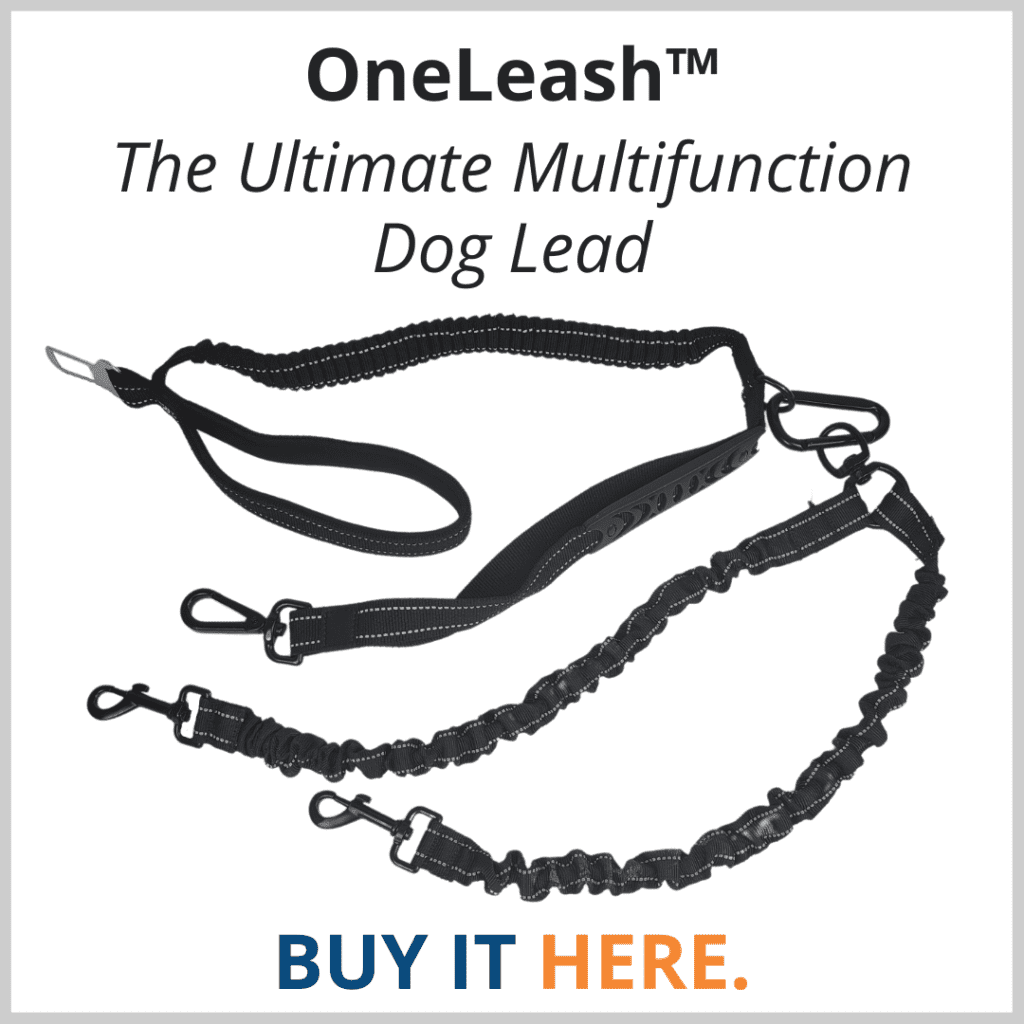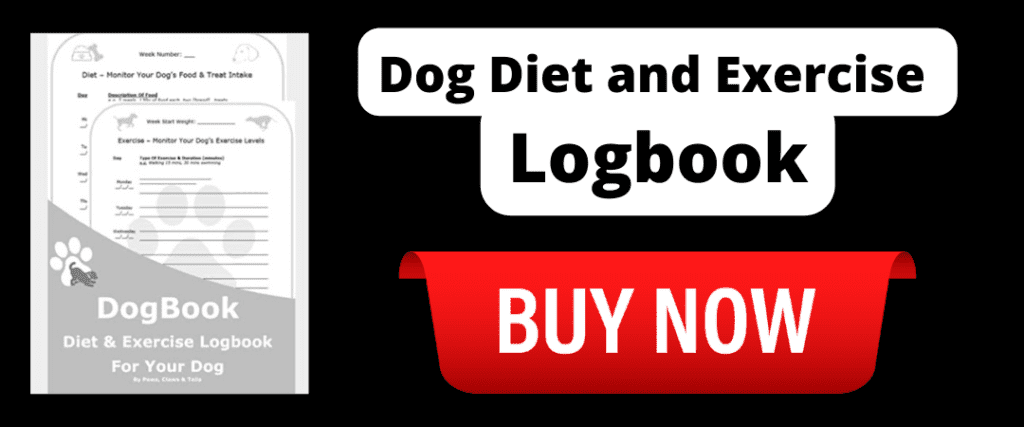How Do I Stop My Puppy Biting & Mouthing


Charlotte Bryan
Published On Mar 04,2024
Puppy biting and mouthing can be challenging behaviours for pet owners. In this article, we’ll explore why puppies engage in these behaviours and offer practical strategies for managing and redirecting them. We’ll discuss the importance of understanding your puppy’s needs, setting boundaries, and providing positive reinforcement.
Table of Contents
ToggleAdditionally, we’ll highlight the crucial role sleep plays in your puppy’s development and behaviour. With patience and consistency, you can foster a strong bond with your puppy and effectively address these common issues.
The Difference Between Biting & Mouthing
Puppy biting and mouthing are two distinct behaviors that often get confused with one another. While both involve puppies using their mouths, the intent and force behind these actions differ.
Biting refers to the use of teeth to inflict pain or harm. In the context of puppies, biting can be a way to explore their environment, communicate, or express discomfort or fear. It’s crucial to address biting behaviour early on to prevent it from escalating into aggression as the puppy grows.
On the other hand, mouthing is a natural behaviour where puppies use their mouths to explore and understand their surroundings. It’s common for puppies to mouth human hands, clothing, or other objects as a means of investigating their world. Mouthing is generally less forceful than biting and is typically not intended to cause harm.
Although both behaviours are normal for puppies, it’s essential to teach them appropriate limits and redirect their energy to acceptable outlets, such as chew toys. This helps ensure that your puppy develops good habits and bite inhibition as they mature.
Understanding Why Puppies Bite and Mouth
Puppies, like human babies, explore the world around them using their mouths. Biting and mouthing are natural behaviors that serve various purposes during a puppy’s development. Understanding the reasons behind these behaviors can help you better address them and guide your puppy towards more appropriate actions.
A. Natural Reasons Behind Puppy Biting and Mouthing
- Teething: Just like human infants, puppies go through a teething process. As their teeth erupt, puppies experience discomfort and pain, which often leads to increased biting and mouthing. Chewing on various textures can help alleviate the pain, so don’t be surprised if your puppy seeks out different objects to chew on during this time.
- Exploration: Puppies are curious and eager to learn about their environment. They use their mouths to investigate and understand the world around them. Biting and mouthing are ways for puppies to gather information about the texture, taste, and hardness of objects they encounter.
- Play: Puppies often engage in play-biting with their littermates and humans as a form of social interaction and practice for more serious behaviours, such as hunting or defense. This type of biting is usually harmless and playful, but it’s important to teach your puppy the appropriate limits to prevent accidental injury or escalation into more aggressive behaviours.
The Importance of Sleep for Puppies: How Sleep Deprivation Affects Behaviour
Sleep is a crucial component of a puppy’s overall health and well-being, playing a significant role in their physical and mental development. Puppies require around 18 to 20 hours of sleep per day, which is vital for their growth, immune system, and cognitive functioning. A lack of sufficient sleep can lead to various behavioural issues, including increased biting, mouthing, and a general lack of attentiveness.
- The Effects of Sleep Deprivation:
When puppies don’t get enough sleep, they can become overtired and hyperactive. This state of overtiredness can exacerbate undesirable behaviours such as biting and mouthing, as puppies may struggle to control their impulses and emotions.
Additionally, sleep-deprived puppies may have difficulty focusing, which can impact their ability to learn and retain new information, including the commands and cues you are trying to teach them.
- Overtiredness & Hyperactivity:
Overtired puppies often exhibit signs of hyperactivity, such as excessive running, jumping, or barking. While these behaviours might seem like an indication of energy, they can actually be a sign that your puppy is in desperate need of rest.
Overtired puppies may also become irritable or display aggressive behaviours like biting or nipping, as they lack the self-control to manage their emotions and actions.
- Sleep’s Impact on Training & Behaviour:
Adequate sleep is essential for effective training and maintaining good behaviour in puppies.
A well-rested puppy is more likely to have better impulse control and be more attentive to commands, making training sessions more productive and enjoyable.
Sufficient sleep can also help reduce the likelihood of behaviour problems like excessive barking, digging, or destructive chewing.
Ensuring your puppy gets enough sleep is an integral part of raising a well-adjusted and well-behaved dog. Establish a regular sleep schedule, provide a comfortable sleeping area, and encourage your puppy to take regular naps throughout the day.
Be mindful of your puppy’s sleep needs during training sessions and avoid intense play or stimulation when they are overtired.
Guiding Your Puppy’s Willingness to Please: Teaching Appropriate Interactions
Puppies are innately eager to please their human companions, and this willingness provides an excellent foundation for training and socialisation. However, it’s essential to remember that learning appropriate interactions takes time and patience, especially when it comes to natural behaviours like biting and mouthing.
As puppies are still learning how to navigate their world, they may not immediately understand what is considered appropriate behaviour. When they nip or mouth, they’re often trying to engage in play or explore their environment, or attempting to reduce the pain caused by their teething, rather than intentionally causing harm. This is where our role as patient and understanding pet owners comes into play.
When your puppy exhibits biting or mouthing behaviour, it’s important to discourage it gently. A simple verbal cue like “ah-ah” or “no” can help communicate that the behaviour is not acceptable. However, it’s crucial to follow up by redirecting your puppy’s energy towards more appropriate activities, such as playing with a chew toy or engaging in a positive training session. This approach ensures that your puppy learns not only what not to do, but also what they should be doing instead.
It’s important to keep in mind that while your puppy may be eager to please, their teething process might make it challenging for them to entirely stop mouthing behaviours. During this phase, it’s crucial to provide your puppy with a variety of appropriate chew toys to help soothe their sore gums and redirect their chewing instincts away from your hands or other inappropriate items.
Remember that consistency is key in teaching your puppy appropriate interactions. With time, patience, and positive reinforcement, your puppy will learn to understand and respect the boundaries you set, helping them develop into a well-mannered and friendly adult dog.
Redirecting Your Puppy With A Toy – And The Mistake Most People Make
One of the most effective ways to redirect your puppy’s biting and mouthing behaviours is by using a chew toy. However, simply handing your puppy a toy or tossing it in their direction may not be enough to capture their interest and facilitate redirection. As non-verbal communicators, puppies rely heavily on body language and interactive play to understand their environment and engage with others.
To successfully redirect your puppy’s focus towards a chew toy, try the following steps:
- Choose an appropriate toy: Select a toy that is safe, age-appropriate, and enticing for your puppy. Toys with different textures, shapes, or flavours can be particularly appealing to young dogs.
- Engage in active play: Instead of just handing the toy to your puppy, make it exciting and engaging. Move the toy around on the ground, allowing your puppy to chase and pounce on it. You can also play a gentle game of tug-of-war, letting your puppy pull on one end of the toy while you hold the other. Don’t shove the toy in your puppy’s face either, move it away from them to encourage them to chase!
- Use positive reinforcement: As your puppy begins to engage with the toy, offer verbal praise and encouragement. This reinforces the idea that playing with the chew toy is a desirable behaviour that leads to positive attention.
- Rotate toys regularly: Keep your puppy’s interest in their toys by rotating them regularly. Introducing new or different toys every few days can help maintain their appeal and prevent your puppy from becoming bored.
By actively engaging with your puppy during playtime and using the chew toy as a means of redirection, you can effectively channel their energy away from biting and mouthing behaviours. Remember that consistency and patience are essential in this process, and with time, your puppy will learn to prefer their toys over your hands or other inappropriate items.
What Happens If My Puppy Doesn’t Listen & Goes Back To Mouthing Me?
If your puppy persists in mouthing behaviour, even after redirection and positive reinforcement, it may be time to introduce a timeout. Timeouts are not meant to be punitive; rather, they offer your puppy a chance to calm down, relax, and even take a nap if needed. Here’s how to approach timeouts in a positive and constructive manner:
- Recognise the signs: If your puppy is persistently mouthing or exhibiting other unwanted behaviours, it could be a sign that they are overtired or overstimulated. In such cases, a timeout can provide them with the rest they need.
- Choose an appropriate timeout space: The timeout space should be a quiet, comfortable area where your puppy can relax. This can be their crate, a designated room, or an outdoor area. Make sure the space is safe and free from potential hazards.
- Maintain a positive attitude: When initiating a timeout, remain calm and avoid expressing anger or frustration. Your puppy is sensitive to your emotions, and a negative atmosphere can create stress or confusion.
- Give one chance: Before resorting to a timeout, give your puppy one chance to redirect their behaviour. If they continue to mouth, calmly and confidently pick them up and place them in the designated timeout area.
- Provide entertainment: To ensure the timeout isn’t a negative experience, provide your puppy with a chew toy or Kong toy filled with treats. This keeps them occupied and helps create a positive association with the timeout space. This way the timeout space itself stays positive but they puppy is learning that persistent mouthing results in time away from you.
- Monitor the duration: A timeout should typically last around 5-10 minutes, depending on your puppy’s age and the situation. After the timeout, allow your puppy to re-join you and offer positive reinforcement for calm behaviour.
Remember that timeouts are not a punishment but rather an opportunity for your puppy to rest and reset. By maintaining a positive attitude and using timeouts consistently, you can help your puppy develop better self-control and learn appropriate behaviours.
Get My 3 Step Process For Curbing ANY Undesirable Puppy Behaviour FOR FREE.
Video Includes My Three Step Process & How We Apply It To Biting & Mouthing, Jumping Up & Toileting Accidents.






